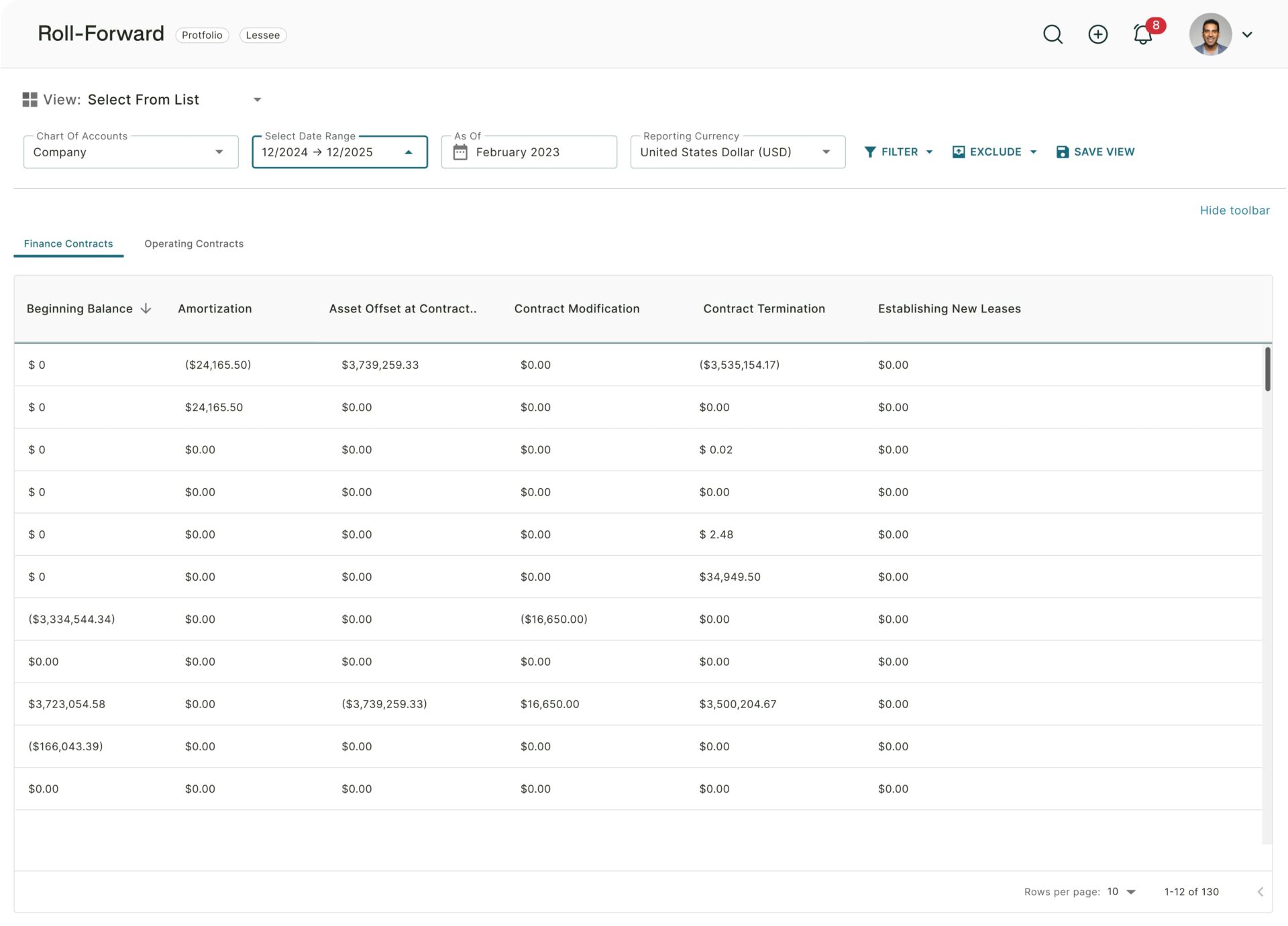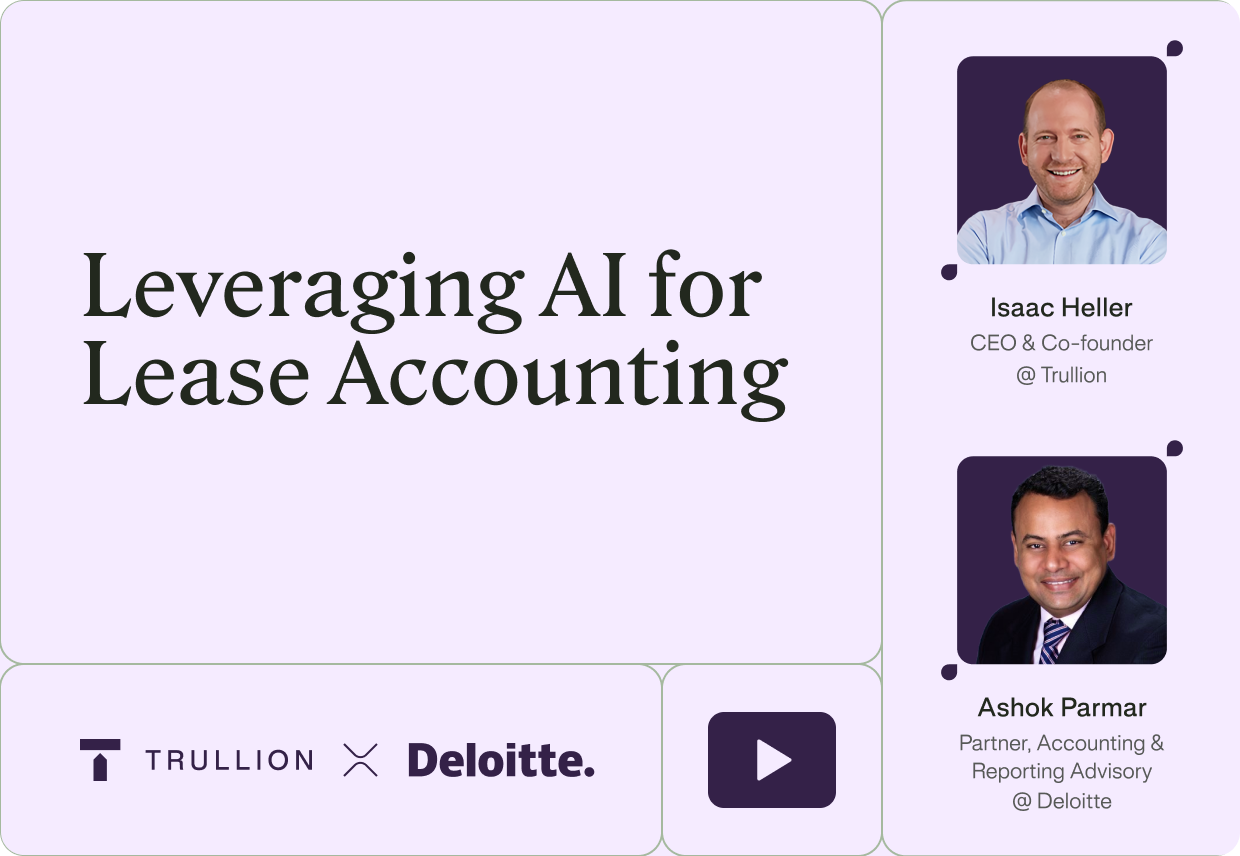Accountants are highly trained technically
When people are asked to picture an accountant, they usually imagine a well-dressed professional behind a computer, crunching numbers, checking invoices, and updating spreadsheets.
Indeed, the training that goes into becoming an accounting professional is rigorous: it takes around 7 years to become a CPA, and during this time prospective accountants are drilled in everything from auditing to regulation, and from business concepts to actual financial accounting and reporting.
Accountants develop an encyclopedic knowledge of the relevant standards, such as IFRS or US GAAP, and become adept at completing complex calculations.
Soft skills certainly aren’t what first spring to mind when people think about accountants – and yet, these soft skills can be the most important tools in a successful accountant’s toolbox.
Soft skills can drive success
The case for the importance of soft skills is a strong one.
In a fascinating report on soft skills, McKinsey research showed that HR professionals report difficulty recruiting candidates who have the necessary soft skills for a changing world.
Specifically, 37% of interviewees reported a lack of “problem-solving, critical thinking, innovation and creativity,” a 32% deficiency in the “ability to deal with complexity and ambiguity,” and 31% noted a lack of communication skills.
Julie Sweet, CEO of Accenture, describes soft skills as “absolutely critical,” and soft skills have been shown to drive almost 75% of an employee’s success, according to Stanford research. This is especially true when it comes to accounting.
Many accountants will be able to provide examples of when soft skills were crucial in achieving their goals: whether as auditors we are on a deadline to get critical documentation from a busy CFO, and started a conversation with them about family and shared interests – building a bridge of commonality; or as CFOs themselves when it came to communicating complex financial concepts to CEOs or boards in a way that resonated with each audience.
For most accountants, soft skills are called upon each and every day. Those considered essential to a successful career include:
- Communication: this could be with your own team, with key suppliers, to company leadership, or other stakeholders such as shareholders. Being able to communicate effectively, convincingly, and authentically is a rare and valuable skill.
- Collaboration: working with others not only makes complex tasks easier, sometimes you actually cannot succeed without it. For example, when it comes to complying with the latest lease accounting standards, accountants may need to collaborate with other department heads to ensure that all leases have been taken into account.
- Problem-solving: as any accountant will attest, every day brings new challenges; being able to solve these creatively can have a massive payoff. Consider for example the move from spreadsheet to software workflow selection and implementation. Guiding colleagues through process changes is an exercise in defining present-day challenges, and solving them effectively, for your team.
- Decision-making: ultimately, financial information is there to support decision-making. Accounting professionals need hyper-sharpened decision-making skills to know which information is most relevant when making key business decisions. Because of, and not despite – the move towards AI and automation, an accountant’s evaluative judgment, critical reasoning, and qualitative assessment skills will take center stage.
The big question, particularly for those looking to build a successful career in accounting, is: now, given the rise of technologies such as automation, machine learning and AI, is there still space for soft skills?
Soft skills are becoming increasingly important
To understand why soft skills are becoming increasingly important, we have to take a step back to understand how accounting has evolved.
There has been a seismic shift in what accountants focus on. In a recent Trullion survey of finance professionals from a range of industries and verticals, over half of the survey respondents would prioritize strategic planning and providing high-level insights if automation could free up more of their time.
Notably, with AI and automation replacing the mundane, repetitive tasks that were such a resource drain previously, accountants are now freed up to focus on high-impact, strategic projects.
AI specifically is a tremendously exciting area for accountants, as they can now leverage this technology to find patterns, trends, and opportunities.
For those entering the profession, and those looking to build a successful career in accounting, this is exciting news. No one wants to do repetitive work that a machine can do quickly and automatically.
This brings us back to soft skills. With technology doing a lot more of the technical, quantitative heavy lifting, accountants will shine when they can leverage their soft skills, together with qualitative strengths, layered on top of these powerful technologies.
When accountants communicate the results of such AI-driven analyses effectively; when they collaborate across the company and with multiple stakeholders; when they solve complex challenges elegantly; and when they make the right decisions for the long-term success of the company – they bring the very best of the profession to the table
For those looking to develop their soft skills, some helpful tips include:
- Assess which soft skills you want to improve, and focus on developing these through mentorship, training, and practice.
- Seek continuous feedback, from your team as well as your superiors.
- Identify a community of shared minds, and develop, strengthen, and celebrate your soft-skill growth.
- Find apps that provide continuous reinforcement through microlearning
- Enroll in courses: Toastmasters for example is a well-known course for public speaking and communicating effectively, with clubs operating worldwide.
Differentiate yourself with your soft skills
Soft skills for accountants are more important now than ever before. As you look to build your career in accounting, it could very well be your soft skills that set you apart and radically alter your trajectory of success. Soft skills, together with qualitative, and technology-positive aptitudes will count among the core competencies of the profession moving forward.
With companies like Trullion changing the way we relate to accounting today, accountants of the future certainly have a lot to look forward to.










